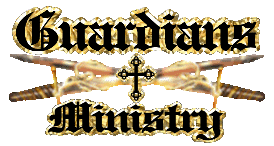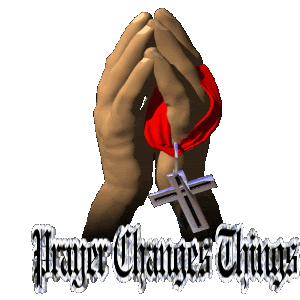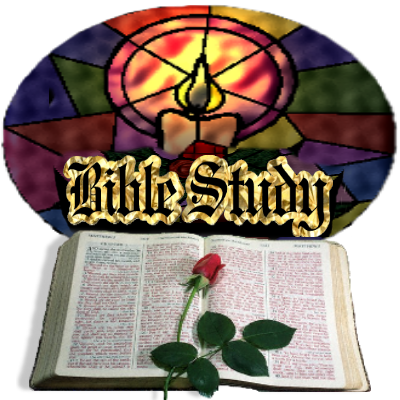Spreading God's Love Thru Prayer
We know that whosoever is born of God sinneth not; but He that is begotten of God keepeth Himself, and that wicked one toucheth Him not ( I John 5:18 ).
Christians commit sins, of course, but they ask God to forgive them and then they continue to serve Him. God has freed them from their slavery to Satan, and He keeps them safe from Satan's continued attacks. The rest of the world does not have the Christian's freedom to obey God. Unless they come to Christ in faith, they have no choice but to obey Satan. There is no middle ground, people either belong to God and obey Him, or they live under Satan's control.
Mount Horeb was not what it appeared to be. Though forbidding and barren, it actually came to symbolize that season in a person's life where a desolate soul could find the presence of God. Both Elijah and Moses before him found fresh encounters with God on Horeb. Surrounded by the bleak and barren environment, the Lord reduced His servants to one focus: God alone.
The Horeb experience tells us that God accommodates out times of desolation and uses them to prepare us for greater glory. Out of our barrenness comes a renewed dependency upon God, from which new assignments and increased power emerge. It was here, in the cleft of a rock near Horeb, that Moses prayed; Now therefore, I pray thee, if I have found grace in thy sight, show me now thy way, that I may find grace in thy sight: and consider that this nation is thy people ( Exodus 33:13 ). And it was here that the Lord, in turn, promised; And He said, My presence shall go with thee, and I will give thee rest ( Exodus 33:14 ). We cannot say we truly know God if we remain ignorant of His ways. To know the way of a person is to know his heart's motivations, as well as how he would respond to the blessings and challenges of life. Moses knew the Lord in the deepest intimacy possible; he knew God's ways.
Views: 30
Comment
© 2026 Created by Guardian.
Powered by
![]()




 Guardians Prayer Warriors if you would like to go to our Facebook page please click the buttons. If you would like to open up a Guardians Prayer Warriors group on a different site please contact Guardians Ministry so that we may put the name of your site on the page and you can use Guardians Prayer Warrior tags.
Guardians Prayer Warriors if you would like to go to our Facebook page please click the buttons. If you would like to open up a Guardians Prayer Warriors group on a different site please contact Guardians Ministry so that we may put the name of your site on the page and you can use Guardians Prayer Warrior tags.







You need to be a member of Guardians Prayer Warriors to add comments!
Join Guardians Prayer Warriors